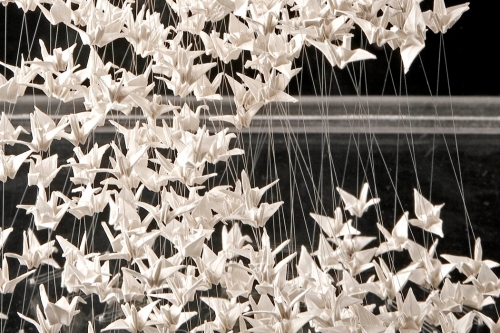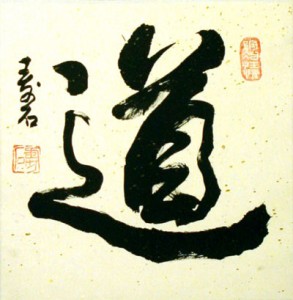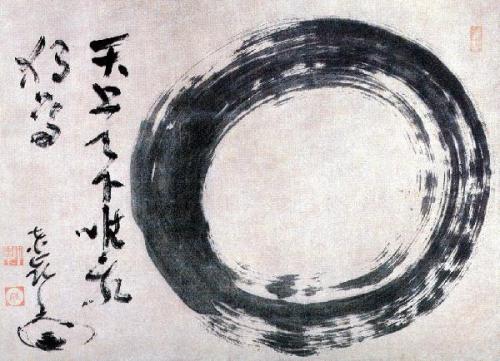We need another and a wiser and perhaps a more mystical concept of wild animals. Remote from universal nature, and living by complicated artifice, man in civilization surveys the creatures through the glass of his knowledge and sees thereby a feather magnified and the whole image in distortion. We patronize them for their incompleteness, for their tragic fate for having taken a form so far below ourselves. And therein we err, greatly err. For the animal shall not be measured by man. In a world older and more complete than ours they move finished and complete, gifted with extensions of the senses we have lost or never attained, living by voices we shall never hear. They are not brethren, they are not underlings; they are other nations, caught with ourselves in the net of life and time, fellow prisoners of the splendour and the travail of the earth.
-Henry Beston, The Outermost House, as cited by Karsten Heuer in Being Caribou: Five Months on Foot with an Arctic Herd, p. 10
In the “complicated artifice” of immured, urban life, I often experience the living world of the animals, plants and minerals in the tundras, deserts, mountains, rivers, lakes, forests, caves and oceans like a ghost-appendage, like a part of me that I can’t shake the awareness of, though I live in a fast-moving, technologically driven human ‘nation’ that has severed itself from these other nations both in habitat and in consciousness.
The influential philosophical writings of the ancient Greeks, particularly of Aristotle, conveyed down to us through innumerable refracted lenses in the post-classical tradition the notion that human beings are superior to the animal kingdom as a result of their unique possession of ‘logos’, or the capacity to reason. Aristotle took this analogy even further, to suggest that just as domestic animals’ benefit’ from their domination by human beings, so do women and slaves ‘benefit’ by being ruled by free men. Aristotle’s writings supplied the European and early American slave-traders and slave-owners of the 17th-19th centuries with canonical arguments for racialized, chattel slavery.
What comes of the persistent human belief in separation? Our human history is littered with exemplum upon exemplum of the tragic consequences of this belief.
Mindfulness practices provide an antidote. They help us to reestablish connections with each other and with other nations. They help us to really feel and grieve expressions of separation, to have compassion for them, and to heal the rifts through loving kindness and equanimity. They help us to attune to the earth with new or regained senses.




